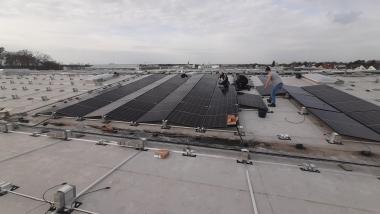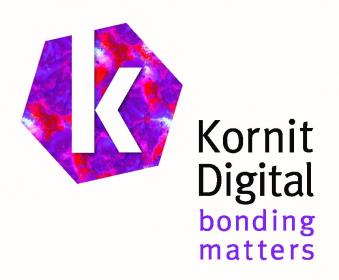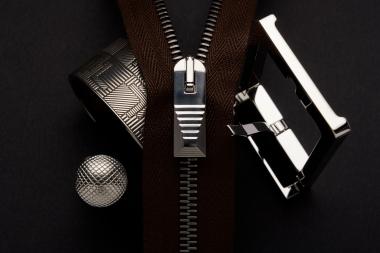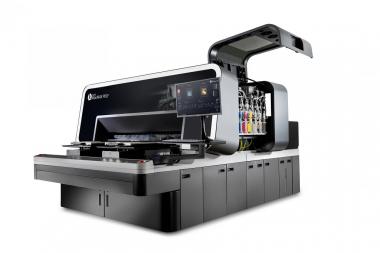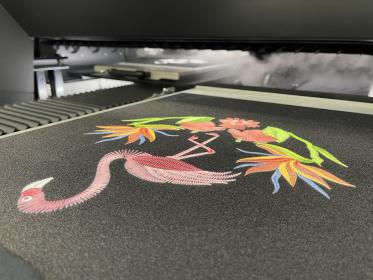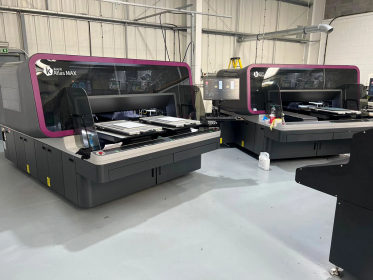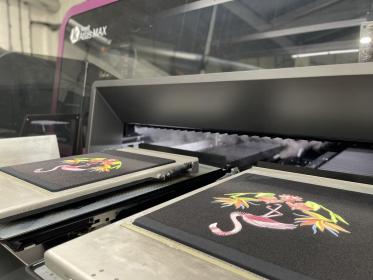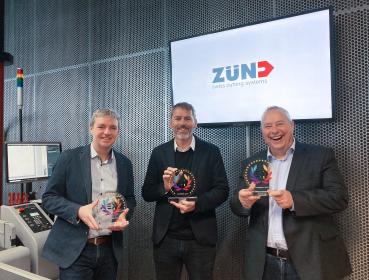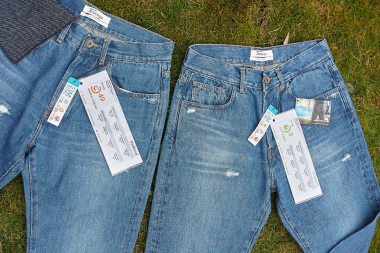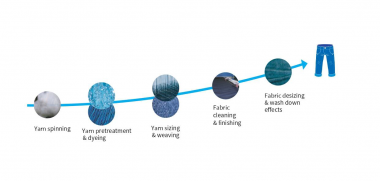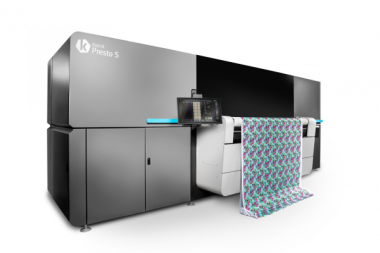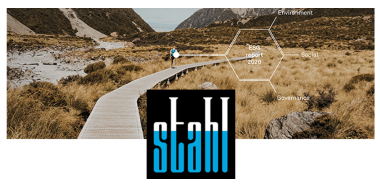Karl Mayer Group: Generating its own energy with solar panels
The Karl Mayer Group is reducing its ecological footprint when it comes to energy utilisation: The Group's largest photovoltaic system to date has just been installed at its headquarters in Obertshausen.
Following the construction of a stable substructure, the first photovoltaic elements were installed on the roof of the assembly hall in Obertshausen on 16 February 2024. This will be followed by the step-by-step conversion of other roofs. If everything goes according to plan, around 6,000 modules will have been installed on an area of approx. 12,000 m² and over 60,000 metres of cable laid by the middle of the year.
"With a total output of 2.4 MWp, we will be able to generate over 35% of the total electricity consumption at the site ourselves," explains Michael Sustelo, Head of Facility Management at the Karl Mayer Group.
Karl Mayer Group


